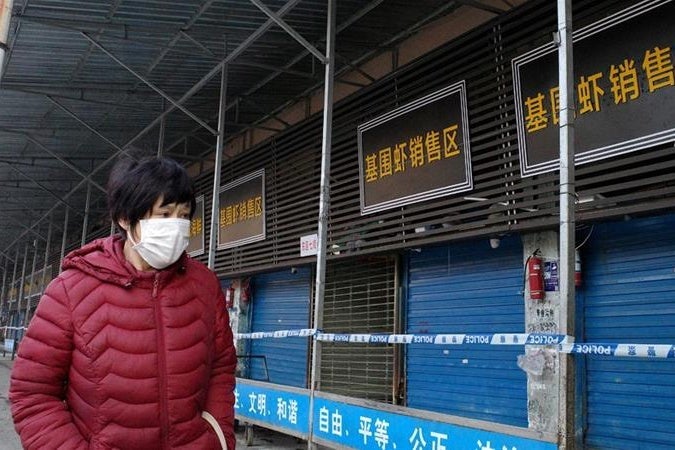Evaluating the impact of non-pharmaceutical interventions on COVID-19

March 20, 2020 – New research co-authored by Xihong Lin, professor of biostatistics at Harvard T.H. Chan School of Public Health, sheds light on the epidemiological features of COVID-19 and the impact of non-pharmaceutical interventions, such as a city quarantine and social distancing, on the spread of the disease in Wuhan, China.
Lin discussed the new research in a virtual seminar (view slides from the presentation here and watch an accompanying video of the presentation here) on March 13, 2020. The research, conducted in collaboration with numerous colleagues in China, examined individual-level data on 25,961 laboratory-confirmed COVID-19 cases that were reported through February 18, 2020. It was published March 6, 2020 on medRxiv, a non-peer-reviewed platform.
In their article, the authors wrote that “aggressive disease containment efforts, including isolation of the source of infection, contact tracing and quarantine, social distancing, and personal protection and prevention, have considerably changed the course of Covid-19 outbreak in Wuhan, when there was neither effective drug nor vaccine for this new infectious disease with high transmission.”
In her presentation, Lin recommended a multi-pronged approach to fighting the spread of COVID-19, including large-scale screening of people who are symptomatic; increased testing; mitigation methods including social distancing and home quarantine; and centralized quarantine for confirmed and suspected cases of COVID-19, symptomatic cases, and close contacts of these cases.
photo: Wikimedia Commons


